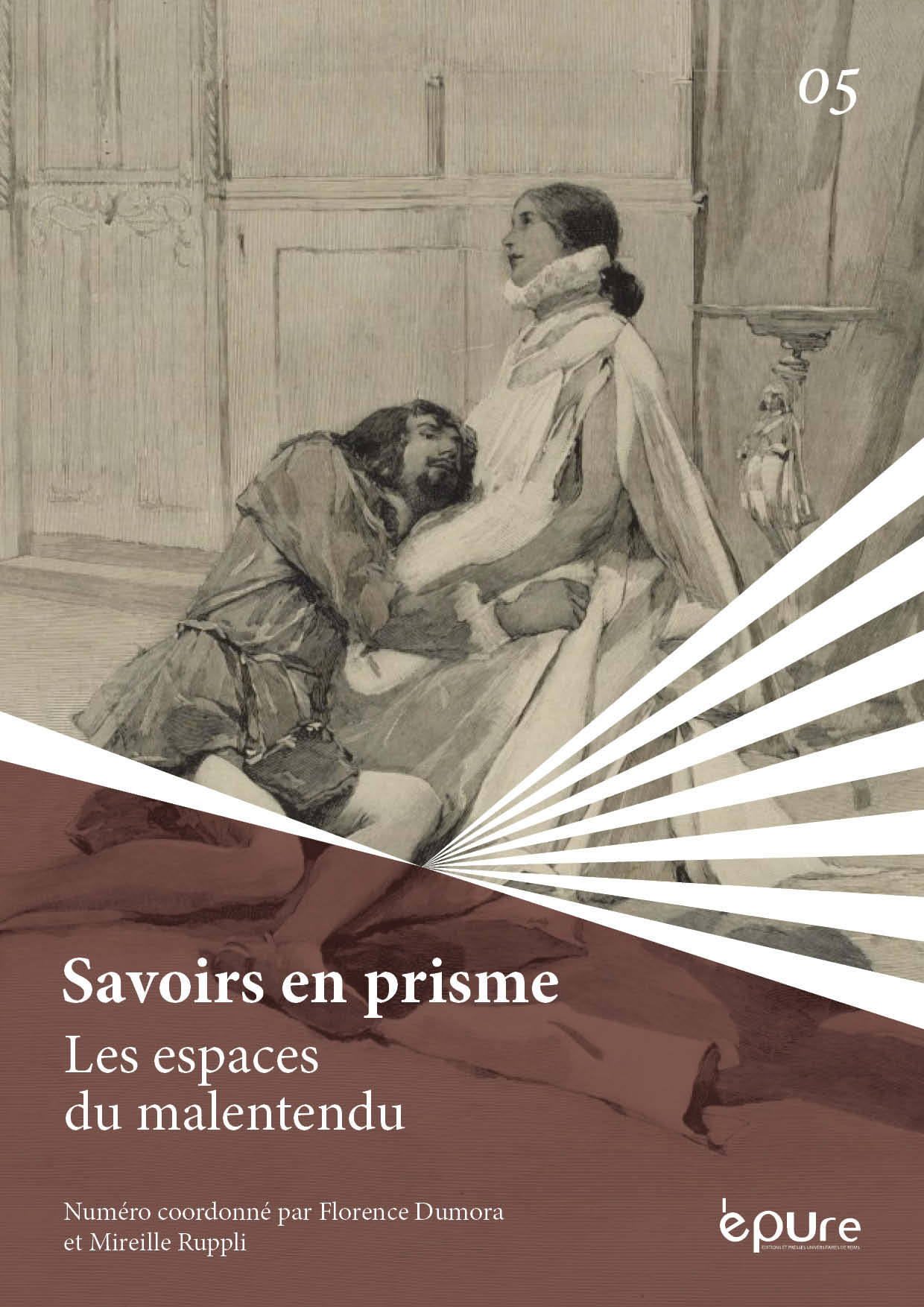La dynamique des malentendus. Une étude comparée de la poésie persane traduite en anglais
Abstract
The translation of poetry, more specifically the translation of Persian poetry into English, gives us the opportunity to reflect upon the various misunderstandings in the passage between two languages – misunderstandings which nevertheless give way to the circulation of ideas between England and Persia. At the end of the eighteenth century, an Oriental Renaissance started in Europe, with the study and translation of Oriental languages. In England, Sir William Jones whose name was associated with the powerful Asiatic Society translated the first Sanskrit texts. He also published a Persian grammar in 1771, A Grammar of the Persian Language, including a translation of a poem by Hafez (xivth century) entitled A Persian Song. The fascination for Persian poetry expanded with Goethe’s West-Östlicher Diwan published in 1819. An Oriental passion continued in the Victorian age with Edward Fitzgerald’s translation of Omar Khayyam’s poetry in 1859, The Rubaiyat of Omar Khayyam. And the travellers to Persia multiplied among whom Gertrude Bell who published in 1897 a selection of 43 poems of Hafez, Poems from the Diwan of Hafiz, which became a reference among orientalists. The English and Persian territories can be studied with a close attention to the choice of the translators. Some, like Gertrude Bell and Sir William Jones transposed the poems according to European canons, thus giving birth to a few misunderstandings. Others, like Edward Fitzgerald gave an inspired translation without ever travelling to Persia. Two English translations of the same poem by Hafez, one by Sir William Jones, the other by Gertrude Bell, can be compared, added with two translations of the same quatrain of Omar Khayyam by Edward Fitzgerald, paving the way to a reflection on what is lost in translation. These texts responded to the Oriental fantasms of the British readers. If the ideas were altered from one language to another, the ideas continued to travel in an imperialist England.
Copyright (c) 2020 Savoirs en prisme

This work is licensed under a Creative Commons Attribution-NonCommercial-ShareAlike 4.0 International License.


